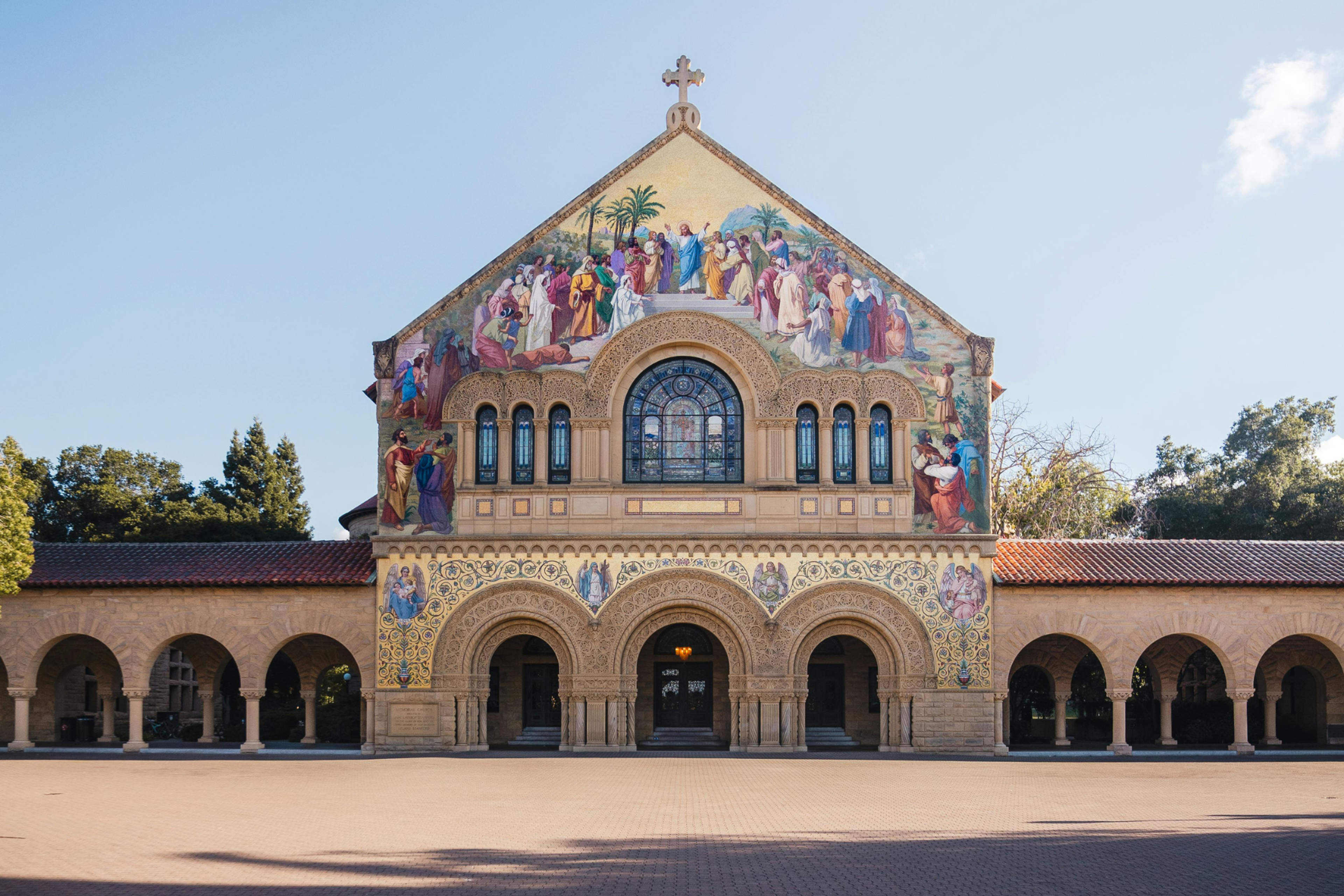
Table of Contents
Free Event

Featuring Melanie E.
How to Get a Head Start on Your MBA Application
Starting Wednesday, April 16
10:00 PM UTC · 60 minutes

Featuring Melanie E.
The Executive MBA: An Overview
The Executive MBA program, otherwise known as an EMBA, is an alternative route to a graduate business degree geared towards individuals who are already established within their careers. It offers flexible school schedules to accommodate a full-time work schedule and focuses more on the nuances of business, rather than business fundamentals.
MBA vs. EMBA: What are the Differences?
The MBA and EMBA are similar in most regards. They are at the same graduate degree level and students will receive the same diploma and credentials. In most cases, students will also take the same number of credit hours, although they will usually choose various electives instead of a specific major. Electives vary across schools but may include international business, human resources management, and customer experience, among others.
The main difference between the two is the target audience: the EMBA is geared towards business executives who are already working and established in their field while the MBA is geared towards recent college graduates with less real-world experience. The average age of an Executive MBA student is 38 while the average years of experience is 14. In comparison, the average age of MBA students is 28 and the average years of experience is 3-6.
This graduate program also differs in its flexibility. Instead of weekly, full-time classes, executive programs offer alternatives for those who would prefer to work full-time while getting their degree. For this reason, courses are often longer and held on weekends or in the evening, similar to part-time MBA programs. Finally, because the programs target different demographics, the environment within the classes may feel different. For example, those pursuing an executive education will rely more on their real-world experience and thus, discussions will look different.
Admission Requirements
The admission requirements for the EMBA and MBA are the same. Both programs require a GRE or GMAT score, recommenders, and essays, although applications vary among schools. For graduate student candidates that have 10-15 years of work experience, most schools accept the Executive Assessment (EA) as a replacement for the GRE/GMAT.
Tuition
The tuition for the two different programs is usually comparable. As more EMBA students are fully in their careers, there is a higher percentage of them whose tuition is paid by employers. At the University of Pennsylvania’s Wharton School of Business, approximately a third of its Executive MBA students are sponsored by employers. Other than employers, options are similar to other grad schools and include personal savings, student loans, and outside scholarships.
Which One Should I Choose?
Whether you should apply for an EMBA or MBA program depends on your unique circumstances and business experience. If you have worked for more than 6 years, you might consider an EMBA. However, if your work was in a non-business field, then an MBA would be more appropriate as it starts from the more foundational business concepts. The purpose of executive master’s degree programs is to help their students advance within their roles in business management and exit as top executives, general managers, financial managers, and more. Whether you want to continue to work while getting your degree will also affect the decision. If you want to work full-time throughout the duration of your MBA, then an EMBA would be better as it is built with more flexibility.
Get Into a Top EMBA Program With the Help of an Expert
Looking for help with the EMBA application? There is no better way to make sure you have the strongest possible application than by working with a pro who can provide personalized feedback.
- Planning for an MBA? Here is our Comprehensive MBA Timeline.
- Deciding whether to take the GRE or GMAT? Learn more here: GMAT vs. GRE for Business School--Which to Take and How to Ace Both.











